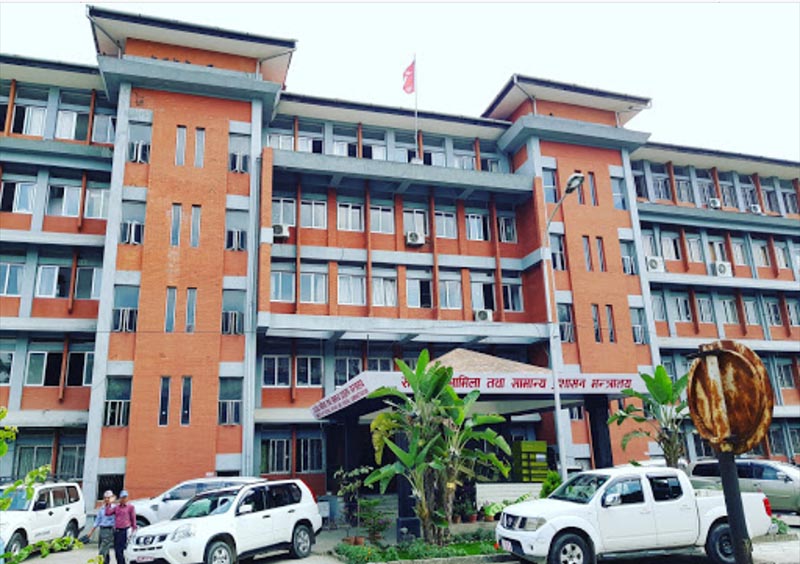Lack of regulations hinders functioning of local levels
KATHMANDU, SEPTEMBER 18
Though the constitution has mandated all three tiers of the government to formulate and implement necessary acts, rules and directives, local levels lack adequate capacity and in-depth knowledge on those issues.
According to a report published by the Ministry of Federal Affairs and General Administration today, regarding the laws issued by the local levels, the power vested on the local governments to enact acts, rules and directives has emerged as both challenge and opportunity for them. “Exercising the provisions enshrined in the Constitution has become challenging. The elected representatives do not have knowledge about the Constitution, constitutional provisions and on the formulation of laws and rules. Orientation, training, discussion and symposium have not been conducted intensively to impart knowledge to them,” reads the report. It requires local units to enact laws on exclusive and concurrent powers. However, they are yet to formulate and implement laws on local statistics and records management, watershed, wildlife, mine and mineral conservation.
“Local levels have failed to enact laws on matters except social security and poverty alleviation,” it reads, adding, “Enactment of law is the only way to institutionalise the powers conferred by the constitution for making all three tiers of the government accountable to the people. It is unfortunate that t h e local units have not been able to legally strengthen themselves even three years after the formation of local governments through elections.”
The report has recommended local units to regard the enactment of laws as a strong foundation of service delivery and good governance. The power conferred by the constitution on local levels are basically related to delivery of essential services to people, education, health, social security, and small-scale development activities. “Human resource management lacks transparency, precision and is not local level-friendly.
Chief administrative officers of municipalities and rural municipalities are transferred in a short period of time, and it takes a long time to fulfil the vacant post.
Employees related to the technical field, information technology and other essential services have not been hired in a timely manner, bringing more challenges and problems to public service delivery,” states the report. “Morale of newly adjusted employees in local units have been lowered due to the lack of emotional unity and proper collaboration between the employees deputed from the federal level and those working in the local governments from the very beginning.”
A version of this article appears in e-paper on September 19, 2020, of The Himalayan Times.






